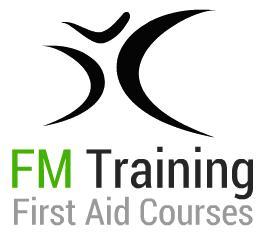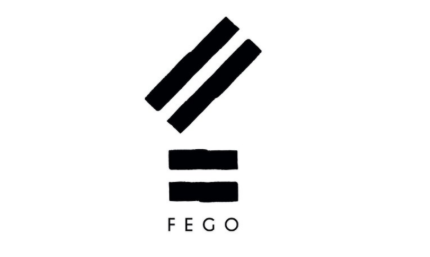Christmas can be a magical time of the year for getting together with family and friends at festive parties and gatherings.
However, they also lead to an increase in accidents, for both humans and pets during what is already the busiest time of the year for the emergency services.
According to ROSPA people visiting the local A&E department rise by more than 80,000 in the UK and more than 6,000 of those get admitted.
We have put together an essential guide of the most common festive emergencies and how to handle them.
Kitchen Accidents
With the kitchen in action, preparing a Christmas dinner can be stressful, especially if you have a group of hungry family and friends eagerly waiting for their festive feast.
All of this increases the risk of seriously getting burns from hot surfaces and hot liquids and getting a serious cut from carving the turkey or chopping vegetables.
How to treat a burn:
- Immediately cool the burn, under cold running water for at least 20 minutes. Cooling the burn will significantly reduce pain, tissue damage, swelling and the risk of scarring.
- Remove watches, rings etc, if possible before the area starts to swell.
- Cover the burn with cling or a sterile dressing. This helps prevent infection by keeping the area clean. Cling film will also not stick onto a burn.
- Call 999/112 for an ambulance if necessary.
If you are unfortunate to cut your finger apply direct pressure onto the wound, then you would do the following.
- Wash the wound thoroughly under running water or use sterile saline wipes.
- Pat the area dry with a sterile swab.
- Cover with a plaster or a suitable dressing.
Choking
Choking can occur at any time, especially from small toys and gadgets which can easily become a choking hazard for children. Make sure there are no small parts from toys that can lead onto a choking hazard.
What to do if a Infant (0-12 months) is choking:
- Give up to 5 Back blows
- Give 5 chest thrusts (instead of abdominal thrusts)
Send somebody to call 999/112, repeat cycles
Children and Infants should always go to hospital to be checked over.
What to do if a child over 1 or adult is choking:
- Encourage them to Cough to see if they can clear it themselves.
- If they are unable to cough. Bend them forward supporting their chest with your hand or bend them over your knee so their head is lower than their chest and give up to 5 Back Blows with the heel of your hand, between the shoulder blades. Please ensure you check between each back blow to check if the obstruction has cleared before repeating.
- If the obstruction hasn’t cleared, try up to 5 Abdominal Thrusts. Stand or kneel behind the casualty, place one hand in a fist under the ribcage. Use the other hand to pull sharply inwards and upwards in a “J” shaped motion to dislodge the obstruction. Please ensure you check between each abdominal thrust to check if the obstruction has cleared before repeating. Never attempt this technique on babies under 1 or pregnant women.
If the obstruction has not cleared, call 999/112 for an ambulance. Until help arrives, alternate up to 5 Back Blows and 5 Abdominal Thrusts.
If at any point the casualty becomes unresponsive, start CPR.
Note: Please ensure you seek medical attention if abdominal thrusts are performed on someone to check for any injuries.
Fire Safety
Keep any Christmas cards, paper decorations, Christmas trees and curtains away from candles or anything else that could catch fire and burn easily.
Make sure your sockets aren’t overloaded as this can lead to overheating and electrical fires. Switch of Christmas tree lights and any blow out candles before going to bed.
Interested in learning First Aid?
Why not attend one of our First Aid Courses in High Wycombe that we run regularly.
We can also come in-house to your office or place of work at a date and time that suits your requirements to run a workplace first aid course.
Get in touch for more details
Have a happy and safe festive period from everyone at FM First Aid Training.








